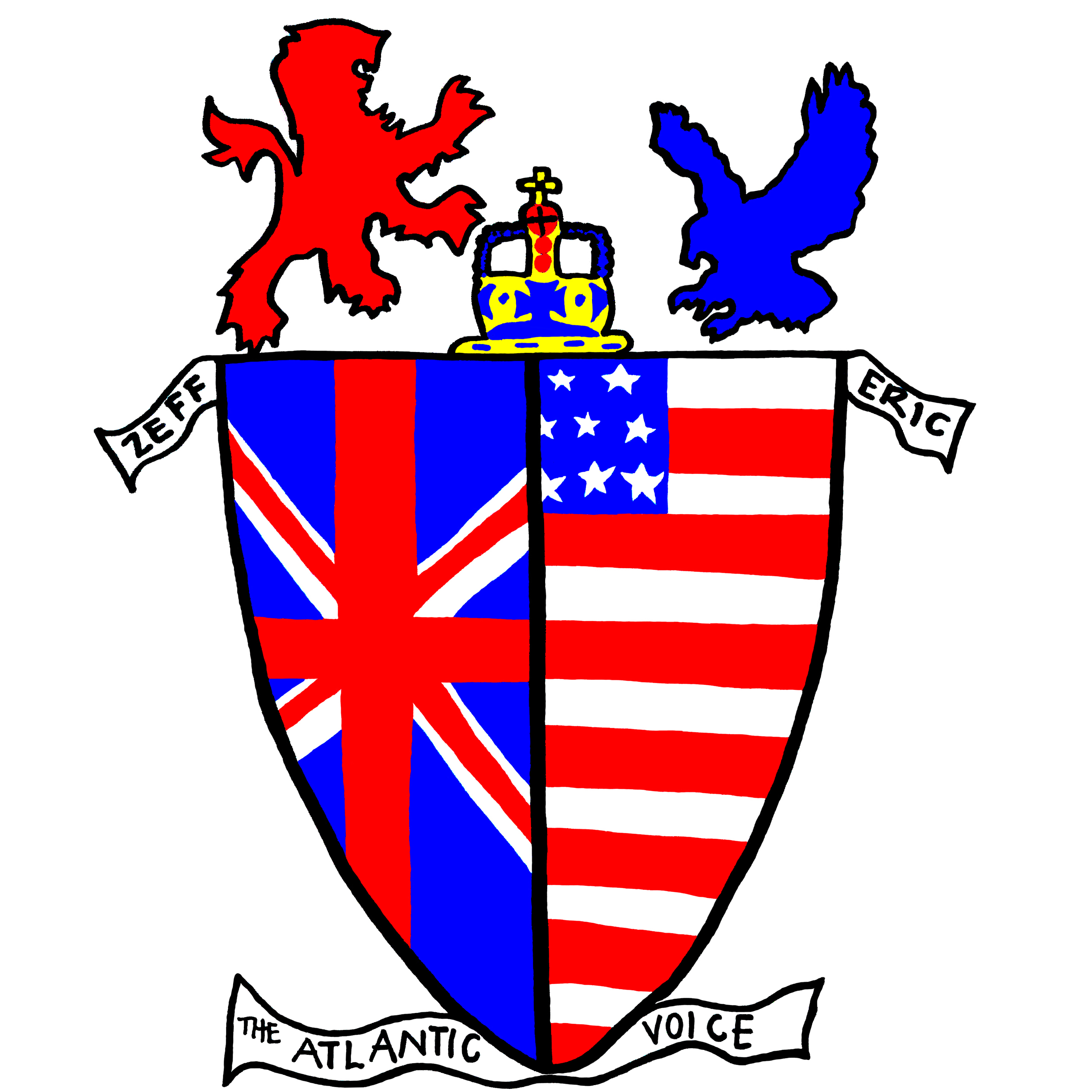It’s going from bad to worse for the British Broadcasting Company, the whole organization sliding into the inescapable vortex of a sex abuse scandal. We reported on Jimmy Savile, the presenter who spent his time in the entertainment division providing himself the sickest of self-entertainment. And now the news division, already under fire for not shining a strong enough light on one of their own, are in hot water for running a Newsnight report that falsely linked an Member of Parliament to child abuse.
The Director-General, George Entwistle, was given his marching orders (the chairman of the BBC Trust that oversees the corporation, is himself under fire for making the pay-off double what Entwistle was entitled to), while other senior executives, on both the management and the journalistic sides, are nervously awaiting what could turn out to be a shower of shoes dropping.
For Auntie (or the Beeb) as the Corporation (with a capital ‘c’) is affectionately known, it’s the worst of times, with the best of times seemingly relegated to a distant past of flat caps, bowler hats, coal-miners, and office clerks in pin-striped suits.
But it is that distant past that The Atlantic Voice hopes will be more than enough to pull the Beeb through these difficult (and sadly self-inflicted) troubles. The BBC is more than just a broadcasting company, more than a collection of TV channels and radio stations. If you grew up in Britain in the years before satellite TV, it is part of the fabric of your life, the keeper of your memories, a touchstone of your own innocence.
Our London staff have been recalling their BBC memories – from Monty Python’s Flying Circus to news coverage of the Iranian Embassy siege, from Top of the Pops to the Oxford-Cambridge Boat Race. The pensioner who works in our mail-room has been reminiscing about BBC Radio – about comedy shows, about it being the place where it seemed pop music was born, about The Archers, about The World at One.
And then there’s the World Service, the last relic of an empire long since stripped of its ability to truly influence events, reduced to reporting those events to a nation still wishing it had influence to bring to bear.
Quality, integrity, the warm sensation of kitchen and fireplace, the presence of the BBC in one’s home was as reassuring as sitting in front of the hearth after an afternoon on the heath.
But that ability to comfort seems to be slipping away. BBC’s News’ inability to get the story right, even one taking place in their own house, has tattered a reputation that was once without reproach. A news division that once held international regard that the likes of Fox, Sky, CNN, the New York Times, could never even dream of commanding, is threatening to undermine an institution that has held the national trust.
The World Service is itself reflective of the Beeb’s diminished stature. Who needs correspondents scattered around the globe, reporting from far-off lands through the romantic hiss and static of long-wave radio, not when the internet exists to bring same world to your keyboard-obsessed fingers?
And now this mess. The BBC as soundtrack and backdrop to one’s youth has been replaced by today’s ever-present drone of well-paid people making poor decisions that remind us that our youths are but a memory of an uncorrupted time.
The Corporation will survive. It’s been battered before by allegations of political bias (by all sides of the spectrum), it’s faced cuts like any other part of public life, yet the Beeb has soldiered on, kept afloat thanks, in no small measure, by a life-jacket of nationalistic pride and the goodwill that an international reputation provides.
But surviving and living are two very different things. Auntie’s not well.


Leave a Reply